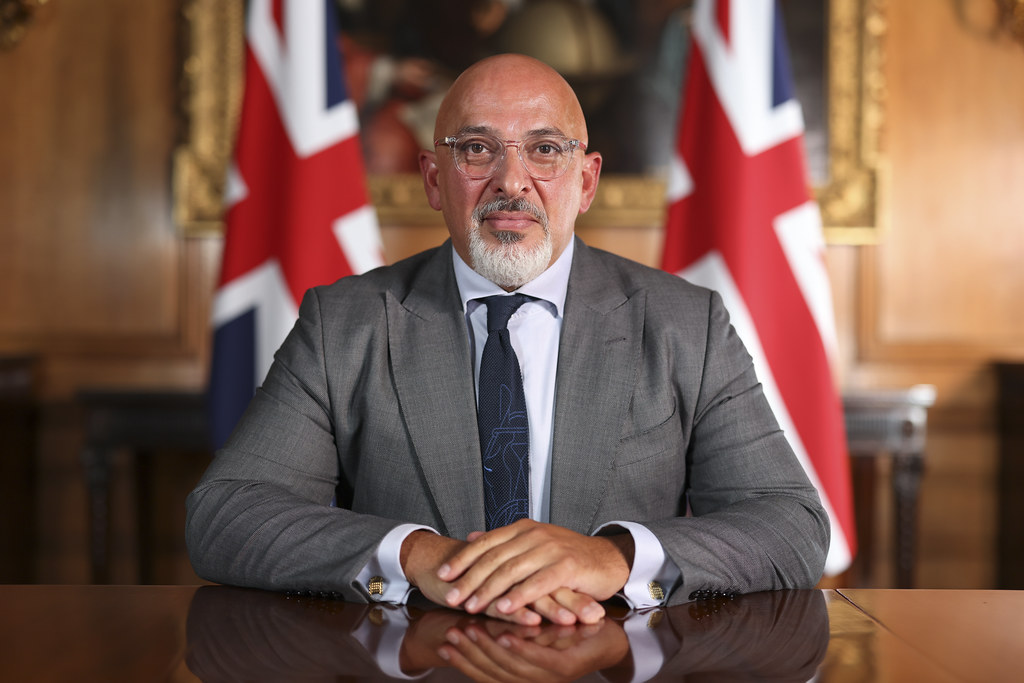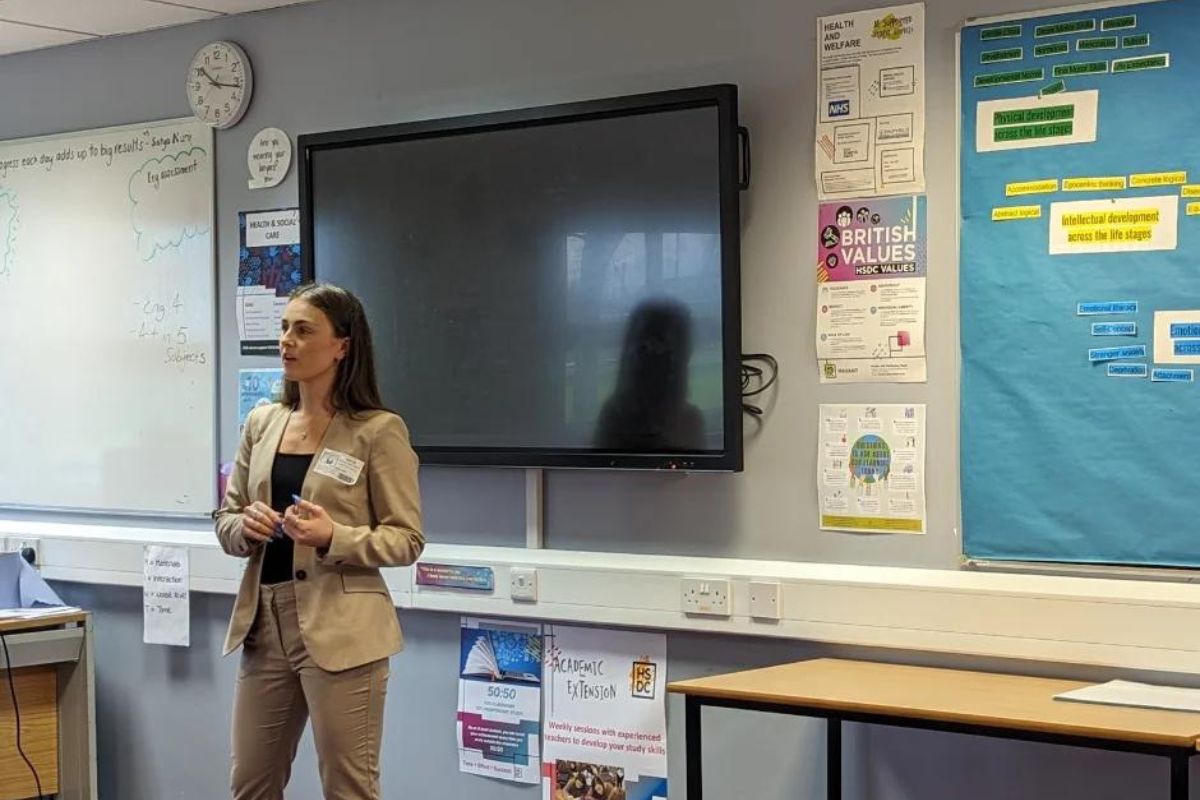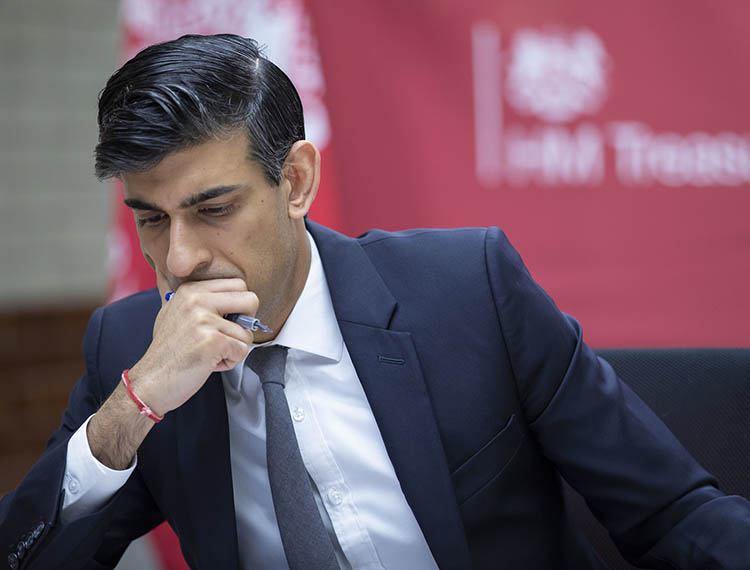AMBITIOUS PLANS FOR A FUNDAMENTAL SHIFT IN CHILDREN’S SOCIAL CARE SET OUT

Vulnerable children and families in England will be better supported by a fundamental shift in how children’s social care services are delivered, guided by the findings of an independent review of children’s social care published today.
The government is setting out initial new measures in response to recommendations set out in Josh MacAlister’s independent review of children’s social care, which looked at how children and their families interact with the care system and how it can be improved.
Families most at risk will be supported to stay safely together, with a focus on early help, preventing them from reaching crisis point.
As part of this, the Government has revealed plans to set up a new National Implementation Board of sector experts and people with experience of leading transformational change and the care system. It will also boost efforts to recruit more foster carers, increase support for social workers including on leadership, recruitment and retention, improve data sharing, and implement a new evidence-based framework for all the professionals working in children’s social care.
Seven areas of England will also receive funding to set up family hubs which offer early help and intervention, in recognition of the importance of strong, joined up local services as a foundation for an improved social care system.
Local authorities will also receive funding for schemes that support vulnerable children to remain engaged in their education and strengthen links between social care and education.
Education Secretary Nadhim Zahawi, said:
“This is the start of a journey to change the culture and dramatically reform the children’s social care system.
“Everything we do to raise the outcomes for children and families must be backed by evidence. This report will be central in taking forward our ambition to ensure every child has a loving and stable home and we will continue working with experts and people who have experienced care to deliver change on the ground.
“I am grateful to Josh MacAlister for his work, as well as to the families, young people, and professionals who shared their experiences.
“We are ready to meet the challenge set by this review and I will set out my plans for bold and ambitious change in the coming months.”
The seven new areas receiving funding for Family Hubs will build on a successful network of centres that are already up and running and are making a transformative difference in the lives of parents who may not have an immediate support network. A further five areas will also receive part of a £12 million investment, in addition to the 75 areas that will receive part of a £302 million pot of funding, delivering on the manifesto commitment to a network of Family Hubs around the country.
Funding will also be provided to LAs for continued delivery of the Social Workers in Schools and Designated Safeguarding Lead Supervision programmes, building on successful pilots which have supported young people in hundreds of schools since launching in September 2020. Through strengthened working between social care and schools, they have helped improve early identification of need, provided better support for families from social care, and kept vulnerable young people engaged with their education, helping to boost attendance, behaviour and attainment.
To support vulnerable children to remain engaged in their education and strengthen links between social care and education, local authorities will also receive funding in 2022/23 to continue schemes that put social workers onsite in schools and provide designated safeguarding leads with supervision from senior social workers.
These measures respond to findings in today’s report which call for more help for families in crisis, decisive action in response to abuse, and a commitment for those in care to benefit from lifelong loving relationships. Plans to reform the system include:
- Setting up a National Implementation Board of sector experts and people with experience of leading transformational change, and with experience of the care system;
- Working with local authorities to boost efforts to recruit more foster carers, ensuring children have access to the right placements at the right time;
- Reframing and refocusing the support social workers receive in the early part of their careers, particularly to enhance their skills and knowledge in child protection;
- Joining up data from across the public sector to increase transparency – both between safeguarding partners and to the wider public, setting out more detail later this year; and
- Developing a National Children’s Social Care Framework, which will set direction for the system and point everyone to the best available evidence to support families and protect children.
Children’s Commissioner for England Dame Rachel de Souza said:
“The publication of Josh MacAlister’s Review of Children’s Social Care is an important opportunity for all of us working with, and for, children. We must grasp this unique moment to deliver ambitious reform, designed around children and families. A system that delivers so we can properly shift the dial on their experiences and outcomes.
“Whilst the publication of reviews is only ever the first stage in a process, and the ideas held in them only as good as their implementation, we must not underestimate the need to act – so many children’s lives and futures are at stake. Too many tell me they feel let down by the services designed to protect and support them, so let’s seize this chance to do better. We need everywhere to be as good as the best and we must have no tolerance for anything less than excellent.
“I look forward to doing whatever I can to make this much needed reform a reality. We owe it to England’s children.”
Today’s announcement builds on measures the government has taken to address the most urgent issues facing vulnerable young people, following a generous settlement for children’s social care at last autumn’s Spending Review.
This includes banning under-16s from unregulated accommodation, bringing in improved standards of care, providing the largest package of children’s social care placements since 2010, investing millions in programmes that support families in crisis and young people leaving the care system and working with experts to tackle the barriers to children’s school attendance.
Recruitment, retention and professional development of child and family social workers in England has also been prioritised, and backed by £100 million over the last two years alone. Through these efforts, the number of child and family social workers is increasing every year and the size of the workforce has grown by 14% since 2017.
Sector Response
Geoff Barton, General Secretary of the Association of School and College Leaders, said:
“We welcome Josh MacAlister’s independent review of social care and the initial measures set out by the government in response. Schools and colleges play a crucial role in supporting vulnerable children and in identifying and reporting the signs of abuse and neglect. We are therefore pleased to see plans for local authorities to receive funding for schemes that support vulnerable children to remain engaged in education and strengthen links between social care and education, and we look forward to seeing more detail.
“We hope this funding really is at the level required after a decade or so of government austerity which has resulted in cuts to council support services, and we are hugely concerned to see that there is no mention of additional funding for schools and colleges to support vulnerable children. School and college budgets are under intense pressure because of government underfunding and this makes it more difficult to provide the pastoral and specialist support needed by vulnerable children. The government underestimates both the level of need and the very significant financial pressures facing schools and colleges.
“For there to be the fundamental shift proclaimed by the government it must be properly resourced.”
Helen Hayes MP, Labour’s Shadow Minister for Children and Early Years, said:
“We welcome the independent review which shines a light on the transformation that is needed across government to build a Britain where children come first: their lives, their opportunities, and their futures.
“The poor outcomes being experienced by children in care, should be a source of shame for our country and our government.
“A decade of Conservative governments have stripped away the early help services that children and families rely on, which can keep children safely at home and prevent spiralling numbers of children being taken into care as we are now seeing and which are set to continue. The government has the opportunity to change that pattern, to give families back the support and services they need and Labour would support them in doing so.
“Labour is committed to delivering for children. We’ve called for the government to take immediate steps to improve children’s care and support by ending unregulated care placements for older children, and we would be giving every child new opportunities to learn, play and develop through our Children’s Recovery Plan including expanding targeted funding to better support children with child protection plans in the education system.
“Nadhim Zahawi must now tackle the culture which has tolerated failing services for our children and rise to the challenge of this review: to make Britain the best place to grow up for all our children.”
Baroness Armstrong of Hill Top, the Committee Chair, said;
“I warmly welcome the publication of Josh McAlister’s report on his review into children’s social care. This report is timely, as we continue to learn of the challenges many families face in the aftermath of the pandemic, coupled with tackling the rising cost of living crisis. The House of Lords Public Services Committee published a report earlier this year on Vulnerable Children. This new report builds on some of our previous recommendations but of course, goes much further.
“I particularly welcome the work with Experts by Experience in reviewing the care system, whether parents, families, foster carers, and of course children and young people. The Public Services Committee believes that those with lived experience should be central to the planning of public services and their delivery, and this review demonstrates just how important that is in the care for some of our most vulnerable children.
“The report also emphasises just how important it is to work with the family in its widest sense in caring for vulnerable children. Providing appropriate and timely support should prevent the need for the level of crisis intervention that we currently see. However, that means there must be appropriate long-term investment at the earlier stages. As our committee noted, the cuts to local authority spending in the last ten or more years have resulted in major cutbacks in early intervention, with spending having to be concentrated on crises which is costly on the child and the public purse.
“There are clear pathways for how to intervene outlined in this report, and a demonstration that money, as well as life chances, can be saved. This report offers a real opportunity to change the system for the better, and to improve conditions for the most in need families in the country. This is an opportunity that we must seize, and I hope the government will work with all concerned to see it implemented.”












Responses